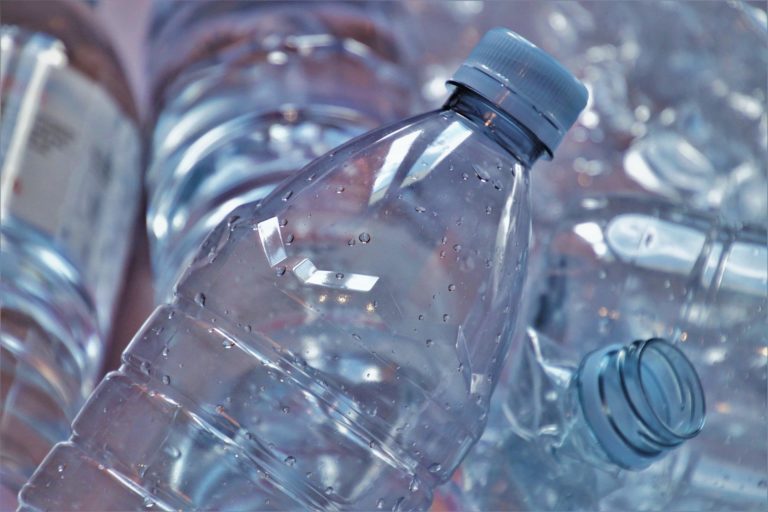Are Plastics Bad?

Plastics in retail have been under heavy scrutiny over the last few years, and it’s fair to say that a key catalyst for this, particularly in the UK was the most recent series of Blue Planet with David Attenborough.
Being able to see baby whales caught up in plastic waste in part of the ocean that you could never imagine was an extremely sobering sight for many people, myself included.
It’s important to distinguish the difference between what is a single use and potentially unnecessary plastic, and one that has longevity before we start to look at whether they are all bad or not.
I think we can all agree that plastic bags from the supermarket are the worst kind of plastic… their usage is for the most part for little over a few hours of a day before they’re thrown away, or if you’re like me, on the occasion that you do have one, it then spends years in a cupboard with the other ones, because you know, you’ll use it some day. Right… right?
Other types of disposable plastic that you might find in store are plastic bottles (at the heart of the Shower Blocks mission), food wrapping, cellophane, inner box packaging, blah blah endless list.
Can all of those be overcome?
Fresh food wrapping is a great challenge for the retail sector to overcome due to just how good it is at preserving food. When you start to weigh up food waste versus plastic waste it gets complex. Use something as an alternative, you may end up with a lot of spoiled food. Too much spoilage would inevitably lead to price hikes to cover the loss, so it’s understandable that retailers are finding this a challenge to find a more sustainable alternative for.
Our mission surrounds ‘recyclable’ plastic bottles. Now, seeing as the bottles are recyclable why should you care? At the moment just 59% of all plastic bottles are recycled according to the British Plastics Federation. We could assume that this might be a nicely massaged number given the source, but we’ll go with it.
The shower market is worth around £290 million a year, and a shower gel is approx. £1-2 a bottle. We can therefor assume that there is at least a total of 145 million product sales yearly, if not more. If 41% (a low estimate) of those are going to landfill, then we’re talking 60 million plastic bottles that are not recycled.
That’s a staggering amount of wastage that does not need to be there when we have viable alternatives. This is the reason we created Shower Blocks, to provide customers a viable product that could replicate the experience of a shower gel, but in soap form… totally solid shower gels.
What about other kinds of plastics? Kids toys, appliances etc.
The fact is that plastic is a very fast and cheap method of production. Think of that kettle you have in the kitchen. Now, mine is currently a plastic one. I have had it for 8 years so far and it’s still going strong. In term of usability I have much preferred using that on a personal level than the previous one I had which was aluminium. If you’ve had a metal one or do have one… you can easily burn yourself. When it comes to the end of the lifecycle, they both have a similar problem in that they would need to be broken down into their sum parts. That’s not a material problem, that’s an appliance problem that’s a lot harder to overcome.
Kids toys are a similar story. They get recycled in their ownership over and over again and whilst they do take a long time when it comes to decomposing and is a problem that needs looking at from a long-term perspective, they don’t post the same risk to the sustainability of our ecosystems as single use plastic consumption.
We believe that plastics in general can have their place, but as a society and business community we should be doing as much as we can in providing viable options to reduce needless consumption of fast turnover packaging.
Here we use cardboard boxes as our retail packaging, and we’re always looking at what is available to improve things further.
If you have any suggestions on how we can improve things, by all means get in touch. We’re always listening.
Words: Neil Whippey, founder Shower Blocks